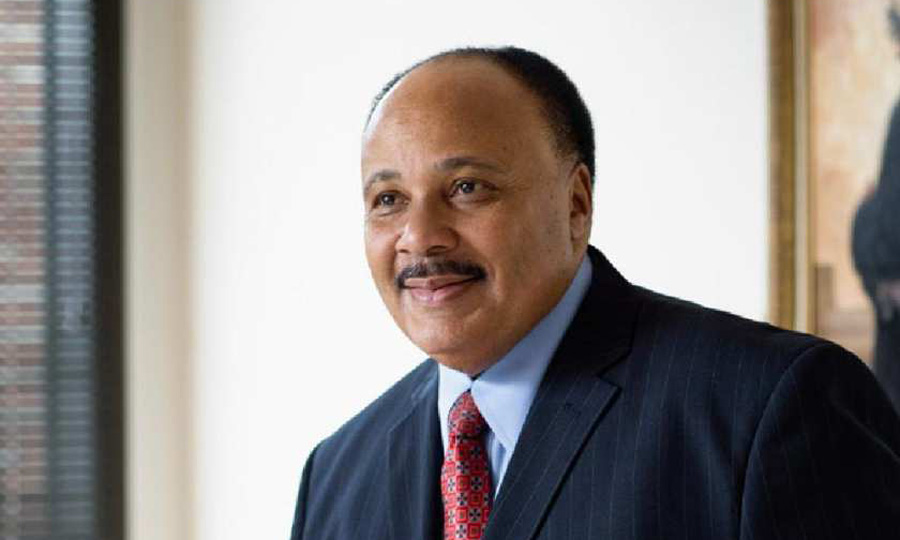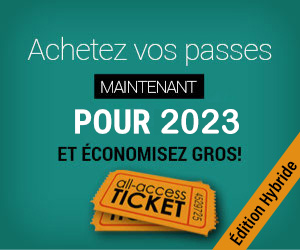MARTIN LUTHER KING III
As the oldest son of the late Dr. Martin Luther King, Jr. and Mrs. Coretta Scott King, Martin Luther King III is carrying the family torch and pursuing equality and justice for all people. A human rights advocate, community activist and a political leader, King has been actively involved in significant policy initiatives to maintain the fair and equitable treatment of all citizens, at home and abroad. Utilizing the principles of Kingian nonviolence, King quietly exercised negotiation and persuasion to reach a compromise between Georgia legislators and leaders to change the state flag that was an offensive and divisive symbol for many Georgians.
His commitment to worldwide humanitarian concerns was exemplified in the late 1970s when he was asked to represent president Jimmy Carter in two official delegations to promote peace in foreign countries. Later, in 1984, as a member of the board of directors of the Martin Luther King, Jr. Center for Nonviolent Social Change, King ventured to five poverty and drought-stricken African nations on a fact-finding tour. In the 1980s, he turned his attention and action to the injustices of South Africa and was arrested at the South African embassy in Washington, D.C. as part of a civil disobedience protest against apartheid, and for the release of freedom-fighter Nelson Mandela. In the 1990s, he addressed the moral and political dilemmas of third-world nations such as Haiti and Nigeria. In 1996, he toured Great Britain, where he celebrated Black History Month and shared his father’s vision of justice and equality for all people. In 2006, he founded the nonprofit organization Realizing the Dream, Inc., which eventually merged with The King Center in 2010.
On the 44th anniversary of Dr. King’s assassination, Martin Luther King III gave a new meaning to the date, addressing youth violence prevention as a public health issue. April 4th Revisited: Saving Lives, Building Dreams was an initiative launched in collaboration with the CDC-funded Prevention Institute as a call-to-action to build momentum for nonviolence and peaceful communities nationwide.




